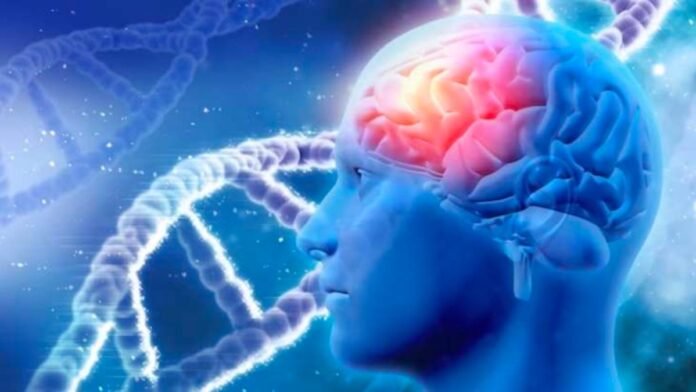Platelets, the smallest blood cell, benefit the brain like exercise does, say experts. Researchers have shown that injecting platelet protein into the brain stimulates the same molecular pathways as exercise. This suggests that platelets may imitate the memory and learning effects of exercise.
According to studies, platelets can replace exercise for persons with physical disabilities or limited mobility. Platelets may be used to enhance cognitive performance in neurological illnesses like Alzheimer’s.
Pre-clinical investigations from the University of Queensland indicated that a blood factor injection can imitate exercise’s cognitive effects.
Dr. Odette Leiter and Dr. Tara Walker of the University of Queensland’s Queensland Brain Institute found that platelets, tiny blood cells needed for blood clotting, produce a protein that rejuvenates neurons like physical exercise.
The hippocampus, which is important for learning and memory, creates more neurons after exercise, but Dr. Leiter doesn’t know why.
“Our earlier studies showed platelets’ involvement, but this study shows that platelets are necessary for this effect in aged mice.”
Researchers focused on activities and biological components known to cause the exercise-induced brain response and be released into circulation during exercise.
Dr. Leiter said, “We found that injection of aged mice with the exerkine CXCL4/Platelet factor 4 or PF4, released from platelets after exercise, improves regenerative and cognitive functions.”
Dr. Walker says the findings affect drug development.
According to the expert, pharmacological intervention is important since those with health issues, mobility issues, or old age cannot exercise.
Platelets may now be targeted to boost neurogenesis, cognition, and slow age-related cognitive decline.
Next, researchers will test the reaction in Alzheimer’s disease mice before starting human trials.
Dr. Walker emphasizes that this is not a substitute for exercise.
However, it may improve cognition in the very elderly or those with brain injury or stroke.
Conclusion:-
Researchers showed that platelets, the tiniest blood cells, benefit the brain like exercise does. Platelet protein injected into the brain may trigger the same biochemical pathways as exercise, suggesting they may replicate the effects of exercise on memory and learning. For persons with physical constraints or limited mobility, platelets may replace exercise, and in the future, they may help cognitive function in neurological illnesses like Alzheimer’s. Platelets produce a protein that rejuvenates neurons like physical exercise, according to pre-clinical research by the University of Queensland’s Queensland Brain Institute. The hippocampus, which controls learning and memory, creates extra neurons after exercise, but the process is unknown. The findings have crucial implications for drug therapy development since people with health illnesses, mobility issues, or seniority cannot exercise. Platelets can boost neurogenesis, cognition, and prevent age-related cognitive decline. Next, Alzheimer’s disease mice will be tested before human trials.



